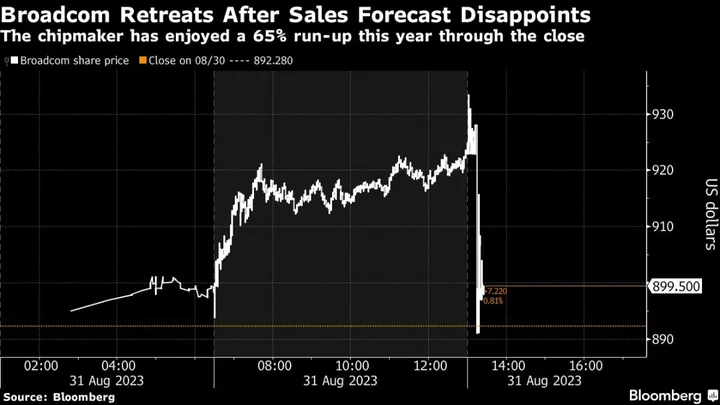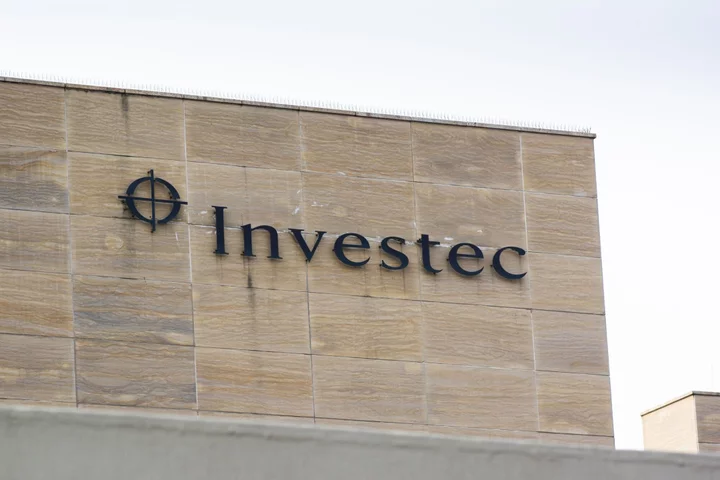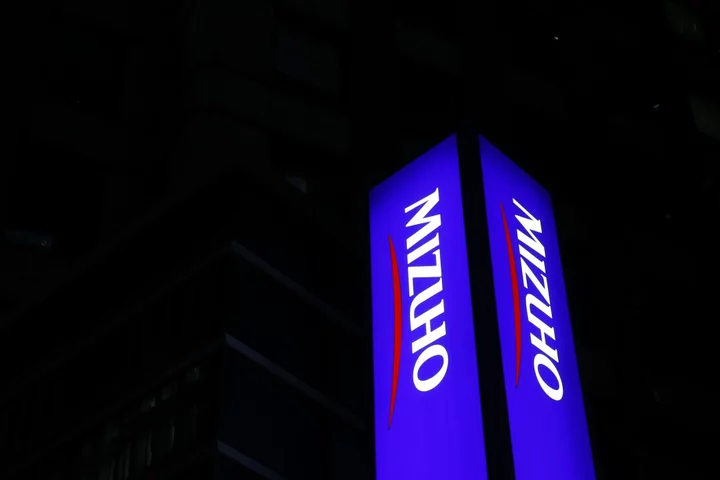Broadcom Inc., one of the world’s five biggest chipmakers, gave a disappointing forecast for the current period, signaling that demand for electronic components remains sluggish.
Revenue will be about $9.27 billion in the fiscal fourth quarter, the company said Thursday in a statement. That compares with an average Wall Street estimate of $9.28 billion, with some analysts predicting as much as $9.8 billion. The projected gain would be the slowest since 2020.
The outlook shows that Broadcom is mired in a broad spending slowdown — even as the artificial intelligence boom fuels demand in pockets of the industry. It’s a maker of key components for Apple Inc.’s iPhone, which has suffered a sales decline. And though Broadcom dominates the market for semiconductors that help direct traffic between computers in giant data centers, spending in that area has been uneven.
AI is seen as a bright spot. Chief Executive Officer Hock Tan told investors last quarter that he expects revenue related to the AI market to increase rapidly and account for more than a quarter of sales soon. On Thursday, he pointed to healthy demand for next-generation technology among large cloud computing providers.
Those businesses are expanding “AI clusters within data centers,” he said in the statement. For now, though, that growth is overshadowed by the wider slump.
The stock fell more than 3% in late trading after the quarterly report was released. Broadcom shares had gained 65% this year through the close, part of a broader run-up in chip stocks.
In addition to offering an arsenal of different chips, Broadcom has branched out into software used by large corporations. That reach makes its results a bellwether for spending on technology.
Though Broadcom growth has decelerated sharply from pandemic levels, sales still came in a bit better than expected last quarter. In the fiscal third quarter, which ended July 30, Broadcom’s profit was $10.54 a share, excluding some items. Revenue rose 4.9% to $8.88 billion. Analysts had predicted earnings of $10.43 a share and sales of $8.87 billion.
Even with its headway in the AI market, Broadcom hasn’t matched the rapid sales gains of fellow chipmaker Nvidia Corp. Insatiable demand for Nvidia’s AI accelerators, which help so-called large language models handle an enormous flow of data, has propelled that company to a $1 trillion valuation.
In contrast, Broadcom still gets much of its revenue from markets that are growing more slowly or not at all. That includes the smartphone industry.
Broadcom’s chip business had sales of $6.94 billion in the third quarter, compared with an average estimate of $6.87 billion. Infrastructure software revenue was $1.94 billion, versus a projection of $1.91 billion.
Tan, the CEO, told analysts that all of the growth in his semiconductor unit was related to artificial intelligence gear. Without that, the business would have been flat year over year.
Overall, the chip market is experiencing a “soft landing,” with large companies and telecommunications providers buying less equipment, he said. In the current period, growth will be again driven by AI-related spending.
In the wireless unit, sales will improve this quarter compared with the previous three months, but will remain down from a year earlier. The trends are being driven by what Broadcom refers to its “large North American customer,” a veiled reference to Apple.
Broadcom, based in San Jose, California, also has expanded into enterprise software by acquiring security and mainframe capabilities. Its planned purchase of VMware Inc. has been delayed by regulatory scrutiny, but the company said Thursday that it still expects to get the necessary approval by Oct. 30.
(Updates with more CEO commentary in 12th paragraph.)









